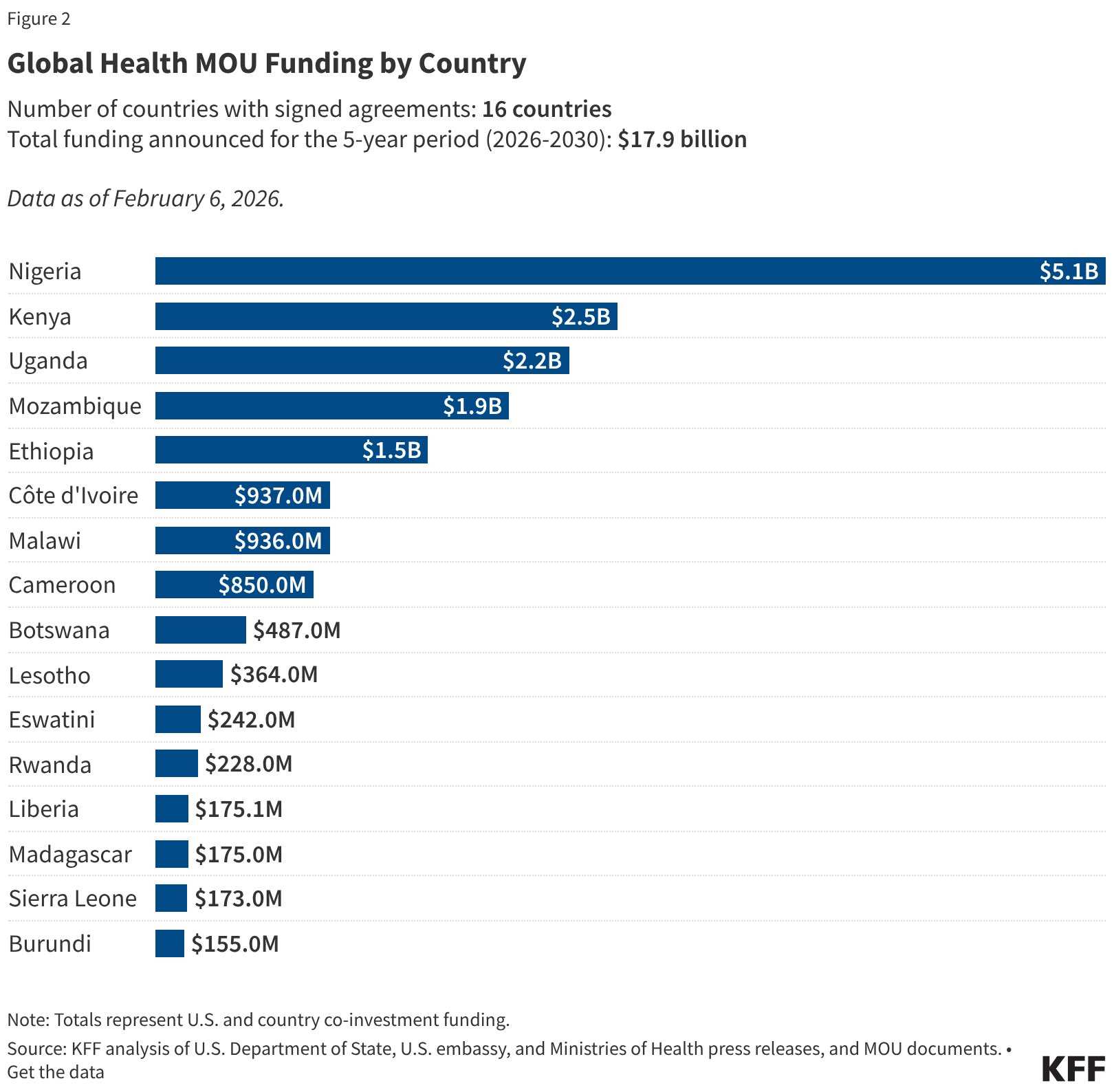
Some white farmers have said that they would reject the government's $3.5 billion compensation package saying it is inadequate financially and does not regard to land restitution or restoring property rights.
"The offer of bonds represents a very significant reduction in value with a prolonged redemption period," Gilpin, 67, a Harare based former commercial farmer told Reuters.
Gilpin and other white farmers are saying that they are likely to reject the offered compensation package because they feel that they have not been consulted properly in this replacement of the Commercial Farmers Union backed agreement of July 2020.
"This is unacceptable and bears no relation to the original offer,” said Gilpin.
"We want to reject this government compensation deed because it is not a proper compensation deal," said Ben Freeth, whose father-in-law challenged Mugabe's eviction policies at the now-disbanded SADC Tribunal and won in a 2008 judgement.
Compensation of white farmers has been foisted on the Zimbabwean government through coercion by multilateral lender institutions as a condition for the country to stop being a financial pariah.
Related Stories
"I think a front-loading farmer compensation approach is worth consideration," he told Reuters. "The process will require careful negotiations and the implementation of strategic reforms,” said AfDB president Akinwumi Adesina, who also told Reuters that paying farmers over a decade was a long time, given the age of most claimants.
Many black Zimbabweans whose ancestors were brutally forced off the land in question, have queried the legitimacy of the white farmers’ claims as they seem to only recognise land rights as having started with colonisation.
The call for Britain and other nations to apologise and compensate Africa for the atrocities and economic rape of colonialism have been growing louder each year.
Land redistribution was central to the Lancaster Agreement that led to the birth of Zimbabwe in 1980 after decades of civil war in Rhodesia. Efforts to reach peaceful agreement under the willing buyer, willing seller post colonial plan failed to bear fruits after white farmers tried to retain monopoly of the land.
The offer by the Commercial Farmers Union would have seen only a tiny percentage of the land allocated to the majority blacks while around 4000 white farmers retained more than 90 percent of the prime farm land.
Finance minister Mthuli Ncube has said that he is confident of a resolution being reached soon: "I am certain that we will converge pretty soon in terms of the appropriate instruments."


















Leave Comments